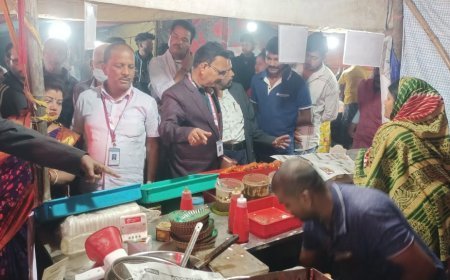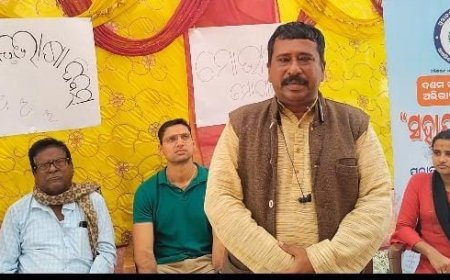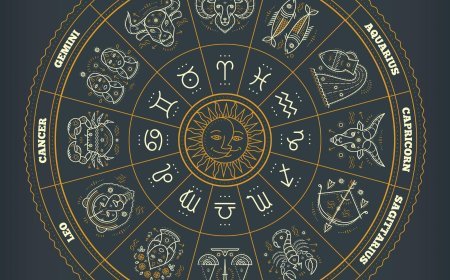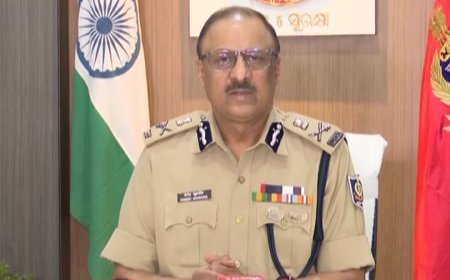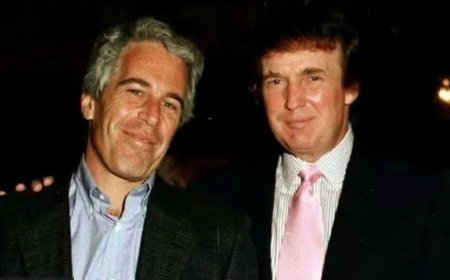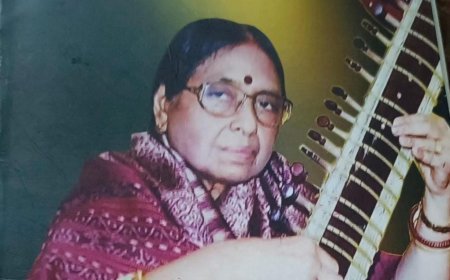Revitalizing Education: Embracing Sri Aurobindo's Three Principles
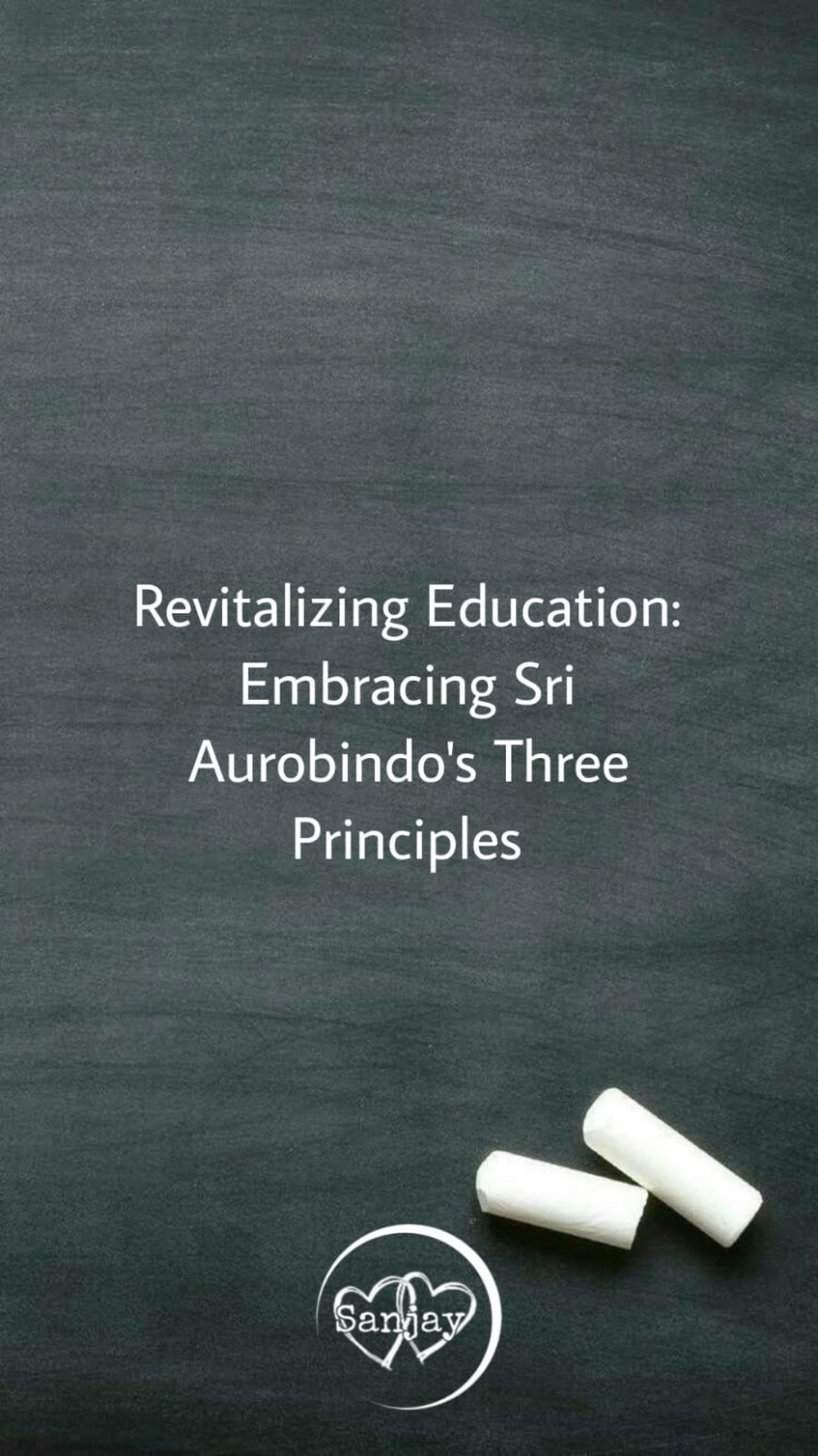
By Sanjay Pattnayak
In the landscape of Indian education, the thoughts of Sri Aurobindo stand as a timeless beacon, illuminating the path toward a true educational transformation. His philosophy champions a vision of education that nurtures individuality, respects natural growth, and fosters a deep connection to one’s heritage and immediate surroundings. Unfortunately, the reality within our schools often veers away from these principles, leading to rigid, conventional structures that fail to recognize the potential within each learner.
The Three Principles of Education Sri Aurobindo’s educational philosophy hinges on three core principles that emphasize a nurturing and individualized approach to teaching.

1. Guidance over Imposition: A teacher's role, according to Sri Aurobindo, is that of a guide, not an enforcer. The essence of true teaching lies in helping students discover knowledge independently and supporting their innate abilities. The ideal educator facilitates growth, allowing students to develop according to their own strengths rather than imposing rigid standards. This approach not only respects each student’s unique path but also cultivates intrinsic motivation.
2. Natural Growth: Education should respect the organic growth of the mind, providing an environment where the intellect, creativity, and personality can unfold naturally. In this philosophy, the emphasis is on freedom, where children are allowed to explore and learn without undue pressure to conform to external expectations. This principle also highlights the necessity of an educational system that recognizes and develops each student's innate potential, thereby fostering creativity and self-awareness.
3. Connecting to Reality and Culture: True education links students to their heritage, surroundings, and culture, using these as a foundation for broader learning. By grounding students in their immediate reality, they are better prepared to connect meaningfully with the world. This rootedness builds a sense of identity, helping students to respect and understand their culture while expanding their horizons. Education, in this sense, becomes a bridge that links the past, present, and future, honoring each element as vital in shaping an individual’s contribution to society.
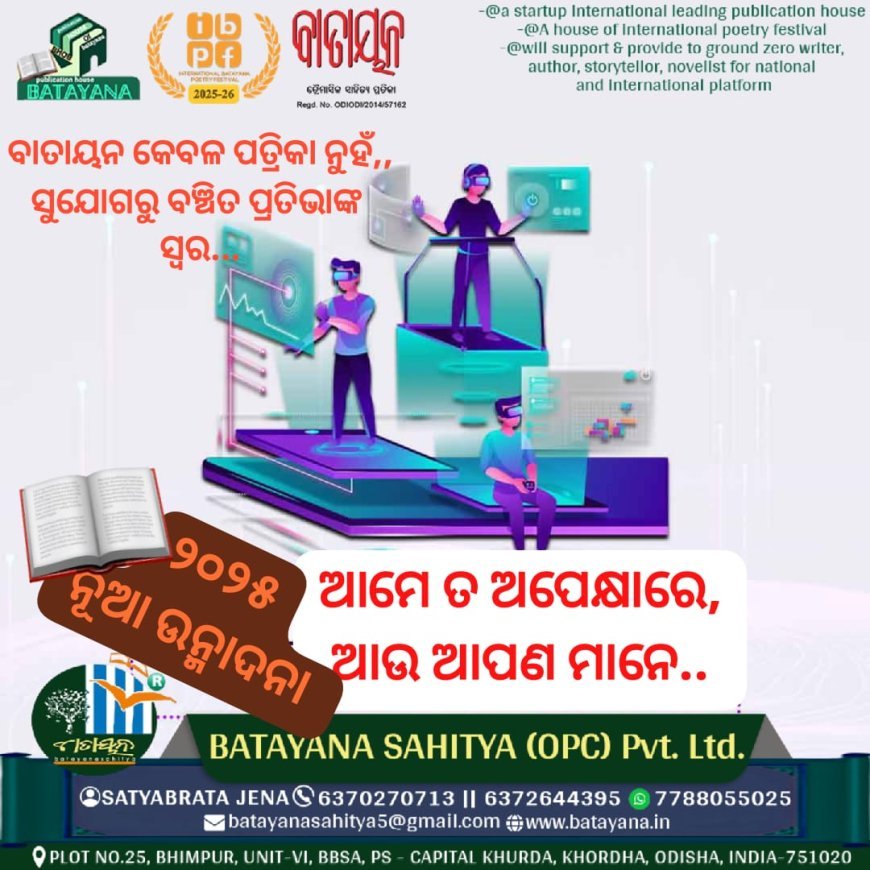
An Incident from Bhawani Shankar High School
Reflecting on these principles, I am reminded of a conversation with a high school teacher from Bhawani Shankar High School. He took pride in the accomplishments of our school alumni, and during a conversation at a funeral, he voiced his belief that our school’s achievements equaled or even surpassed those of private institutions. While I respect his sentiments, I felt compelled to address the broader picture.
With the utmost respect, I gently pointed out that while our school has indeed produced many successful alumni, it has also seen students who pursued more humble professions, such as drivers, peons, and sweepers. In India, where dignity of labor is still underdeveloped, we often measure success solely by “white-collar” standards. I emphasized to my teacher that we should equally value the contributions of all individuals, regardless of their professional paths. After all, society’s prosperity depends on people who excel across all trades and roles.
Additionally, I reminded him of the former students who have, unfortunately, ended up behind bars. Education should not be judged solely by its top performers; rather, it should be measured by how well it serves all students. A teacher is more than a transmitter of knowledge—they are a guide, nurturing talents, ethics, and life skills that help students succeed in various facets of life.
The Flaws in the Current System
Our education system continues to be marred by constraints that limit student potential. During my years at Bhawani Shankar High School, we had no choice but to study a narrow set of subjects: Odia, Hindi/Sanskrit, English, Mathematics, Science, and Social Studies. There were no alternatives, no opportunities to explore one’s true interests or pursue vocational skills. The system forced us to fit into predetermined molds, sidelining those who might have excelled in different fields.
This rigid structure is not unique to our school; it reflects the larger limitations of India’s education system. Students are pushed through a theoretical, examination-focused curriculum with little regard for hands-on learning or real-world application. The result is a disconnect between education and employability, with students graduating ill-prepared for self-reliance and success in a competitive world.
The Need for Change
It is high time that the government recognizes the importance of vocational training as an essential component of education. By integrating practical skills training and providing students with pathways to various trades, we can empower them to become self-sufficient and valuable contributors to society.

Bridging the gap between theory and practice would also align more closely with Sri Aurobindo’s principles, particularly in respecting each student's natural growth and connecting education to reality. As we look toward the future, it is imperative that policymakers and educators work together to create a system that fosters independent thought, cultural pride, and respect for all professions. Only then can we hope to develop a society where education is more than just a pathway to elite careers but is a vehicle for true personal growth and social contribution.
Let us strive to honor Sri Aurobindo’s vision by creating an education system that respects individuality, values diverse talents, and prepares students to lead fulfilling lives.









